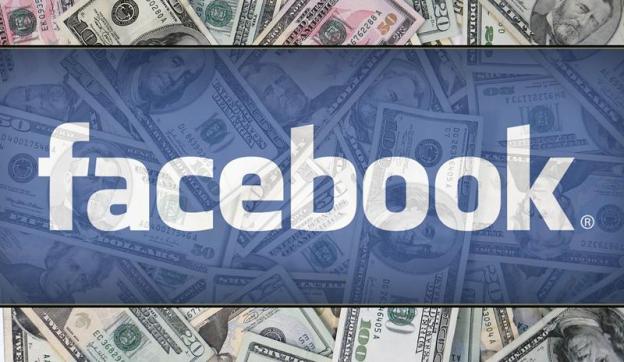
Facebook’s video ad plans are no secret, and apparently we will start seeing them hit the site in just a few months. Accordingly, the social network is looking at advertisers with some deep, deep pockets to for its initial run with the controversial ad slots.
AdAge’s sources say that Facebook is expecting the first ads to play sometime in June or July, meaning that its sales team has been going around and shopping its video ad platform to agencies in an effort to snag the first round of advertisers.
Reports say that Facebook expects to net up to $4 million per day in ad revenue. To do this, Facebook is asking advertisers to shell out up to $1 million and snag one of four available “summer slots” that target four demographics of users: women over 30; women under 30; men over 30; and men over 30.
Specific details on how the social network’s ads will play and look is rather sparse at this point, as reported earlier, Facebook was at a standstill trying to develop a video ad module that wouldn’t annoy its users too much. Not surprisingly the network still hasn’t put the final touches on this ad format even though the summer launch is nearing.
What we know about it so far is that the format will likely be an auto-play ad unit. Facebook’s VP of Business David Fischer all but confirmed these suspicions. And if we read into his discussion with Fortune Magazine’s Adam Lashinsky, Fischer’s hat tip to YouTube’s TrueView ad product was an indication that there was some truth to reports saying that video ads would play for 15 seconds. (For the record, AdAge’s sources once again have verified the length of these ads.)
As for the frequency of these ads popping up in Facebook’s desktop and mobile app, the same source says that users will only see these ads at a maximum of three times a day.
What isn’t clear however is whether the video ads would expand to fit the user’s browser and overlap the left and right column of Facebook’s navigation buttons and Exchange ads. Our guess, considering how many users Facbeook could turn off with the launch of its video ads, is that the team is struggling to decide how to present these ads without angering too many users. Facebook also has to decide whether or not to have the audio play automatically along with the video ads.
Video ads are a calculated risk for the company, but one that clearly could pay off considering how much money Facebook stands to make. It just has to be sure that this won’t further alienate the platforms from its users.
Editors' Recommendations
- How to download a video from Facebook
- Targeted Facebook ads are about to lose a big audience: iPhone owners
- Facebook may suspend all political ads before 2020 election
- How to go live on Facebook
- Facebook won’t ban political ads that lie to voters ahead of the 2020 election


